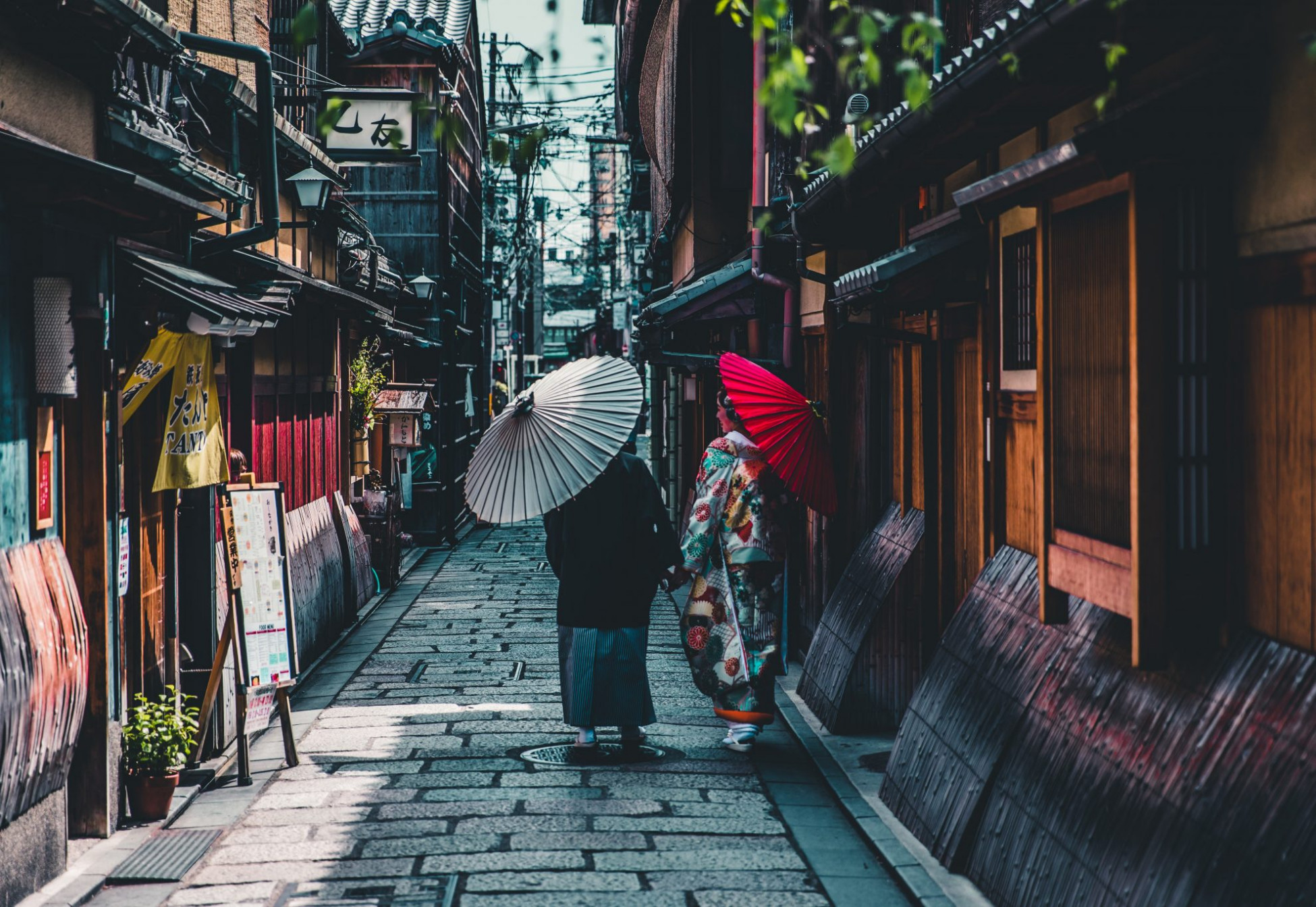
Group Description
Connect with travelers with disabilities and welcoming locals, offering tips on accessible hotels, wheelchair-friendly attractions, and transportation in Japan. From Tokyo’s bustling Shibuya Crossing and historic Asakusa to Kyoto’s golden Kinkaku-ji, Hiroshima’s Peace Memorial Park, and the hot springs of Hakone, whether it’s your first visit or a return trip, this is the place to ask about accommodations, getting around, or inclusive activities – someone here has likely experienced it before. You’ll find personal stories, travel tips, and recommendations for cultural, historical, and nature experiences. This group supports mobility aid users, along with travelers who have sensory sensitivities, low vision, and hearing loss, helping you enjoy a more accessible Japan adventure.
Reply To: Japanese Attitude Towards The Disabled
Hey Ivan,
Maybe it’s because of my position in the academy, but I tend to reject any blanket statements like “Japanese people think X” or “Japanese culture is Y.” There’s so much diversity in Japan it’s hard to pin down any one strain of thought as being essentially ‘Japanese.’ I suspect the same is true for your own country.
Having said that, there are certainly histories/legacies of discrimination like those that you mentioned. But I think they’re very much in the minority: like racists or misogynists in any other country. If your concern is that ‘all people in Japan are samurai’ you’re putting too much weight on the thought of one individual. Besides, what the hell does it mean to be a samurai anyway? Different people will interpret the meaning of samurai in different ways, and their interpretations will govern their actions. It’s kind of like the myth that Japan is a homogenous society – it wants to be, and may present itself as such, but it certainly isn’t in many social, political, economic, and cultural ways.
I’d be happy to chat more about this if you like.
Cheers,
Mark